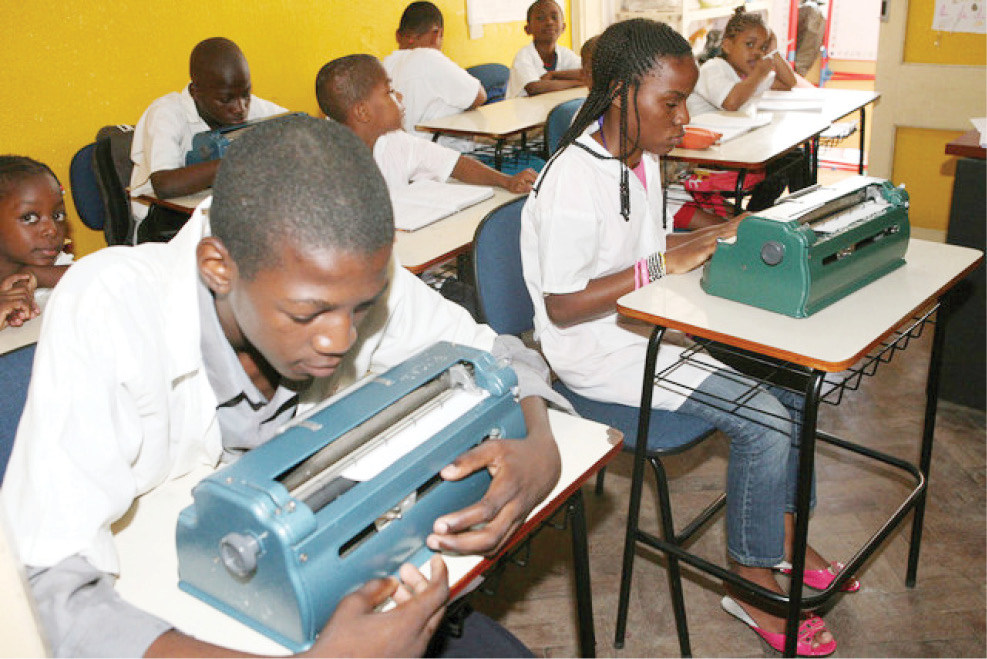For many peoples living with one form of disability or the other, assistance and support are prerequisites for their participation in society.
Lack of necessary support services can make people with disabilities overly dependent on family members and can prevent both the person with disability and the family members from becoming economically active and socially included.
Across the world, persons with disabilities have significant unmet needs for support. Support services are not yet a core component of disability policies in many countries, and there are gaps in services everywhere.
Disabled persons suffer many challenges ranging from physical (structural), emotional, economic and psychological, education, culture, health and medical. The complexity of disability is that it is associated with poverty because the disabled person faces a myriad of economic challenges.
A disability is any continuing condition that restricts everyday activities. Disabilities can affect a person’s capacity to communicate, interact with others, learn and get about independently. Physical: affecting mobility and/or a person’s ability to use his or her upper or lower body.
Many persons with disabilities need assistance and support to achieve a good quality of life and to be able to participate in social and economic life on an equal basis with others.
It is on this premise that the Leprosy Mission Nigeria (TLMN) organised a three-day workshop to design a working document for Ministries, Agencies and Parastatals for rehabilitation of persons living with disability.
The workshop, organized in Kwara State, was meant to support the Ministry of Women Affairs and Social Development (MWASD) to develop a five-year strategic plan and working document that would assist them to have a structured document they can follow in implementing rehabilitation process for persons with disability, the programme officer of TLMN, Mr Femi Opakunmi, said.
“At the end of the three-day workshop, there would be a document that will be implemented by Ministry of Women Affairs and Social Development which other stakeholders will have access to and meet periodically to discuss the way forward.
“We want to see how much impact the document will have on the target people. The implementation will start from 2020 to 2024.
“The document will help them and the partners to see how far they have been able to go and achieve their target. We will come together after five years and do evaluation of the whole project to see how far the document has helped,” Opakunmi stated.
He said their quest is to provide best services to persons with disability, adding that TLMN is the sole sponsor of the workshop.”
He said that key participants are people with disability, adding that MWASD will use the document and other five ministries partnering with the Ministry of Women Affairs – “Like the Ministry of Budget and Planning, Ministry of Health, Ministry of Information, Ministry of Education and Ministry of Local Government and Chieftaincy Affairs.”

 Join Daily Trust WhatsApp Community For Quick Access To News and Happenings Around You.
Join Daily Trust WhatsApp Community For Quick Access To News and Happenings Around You.

